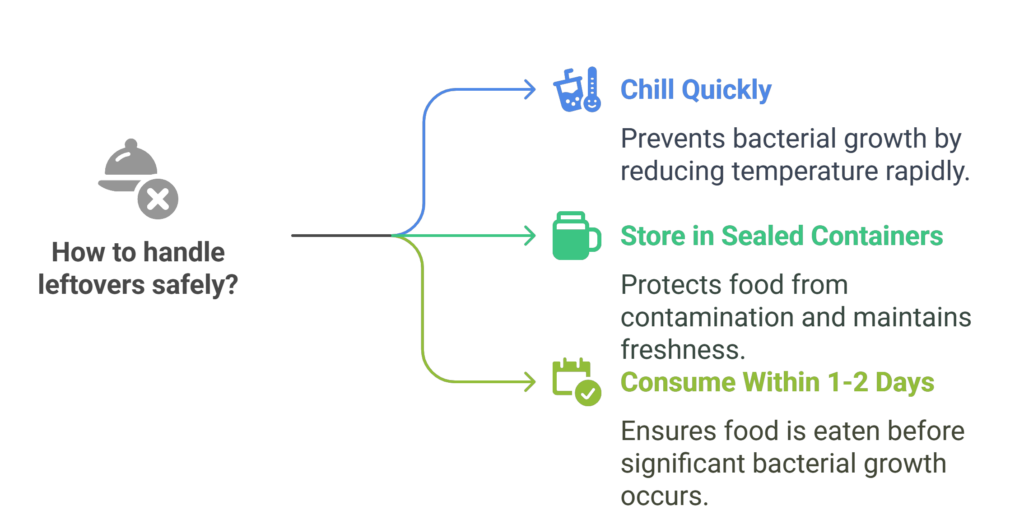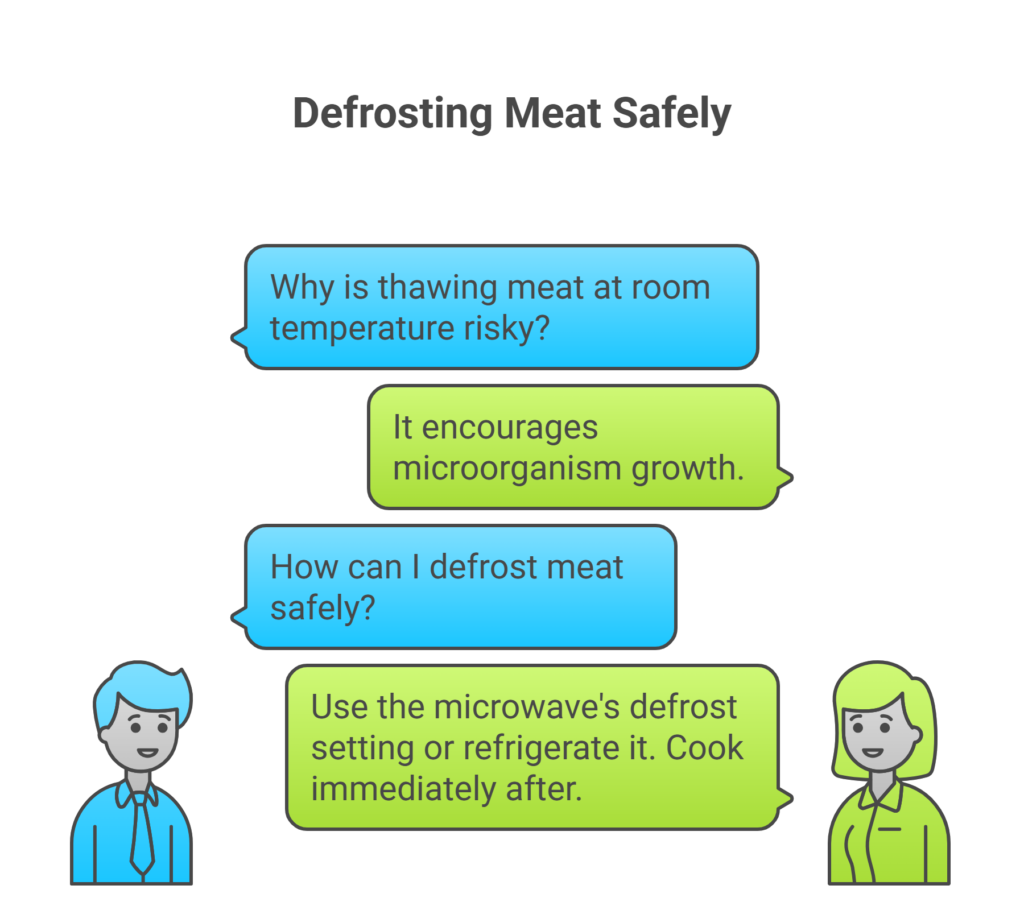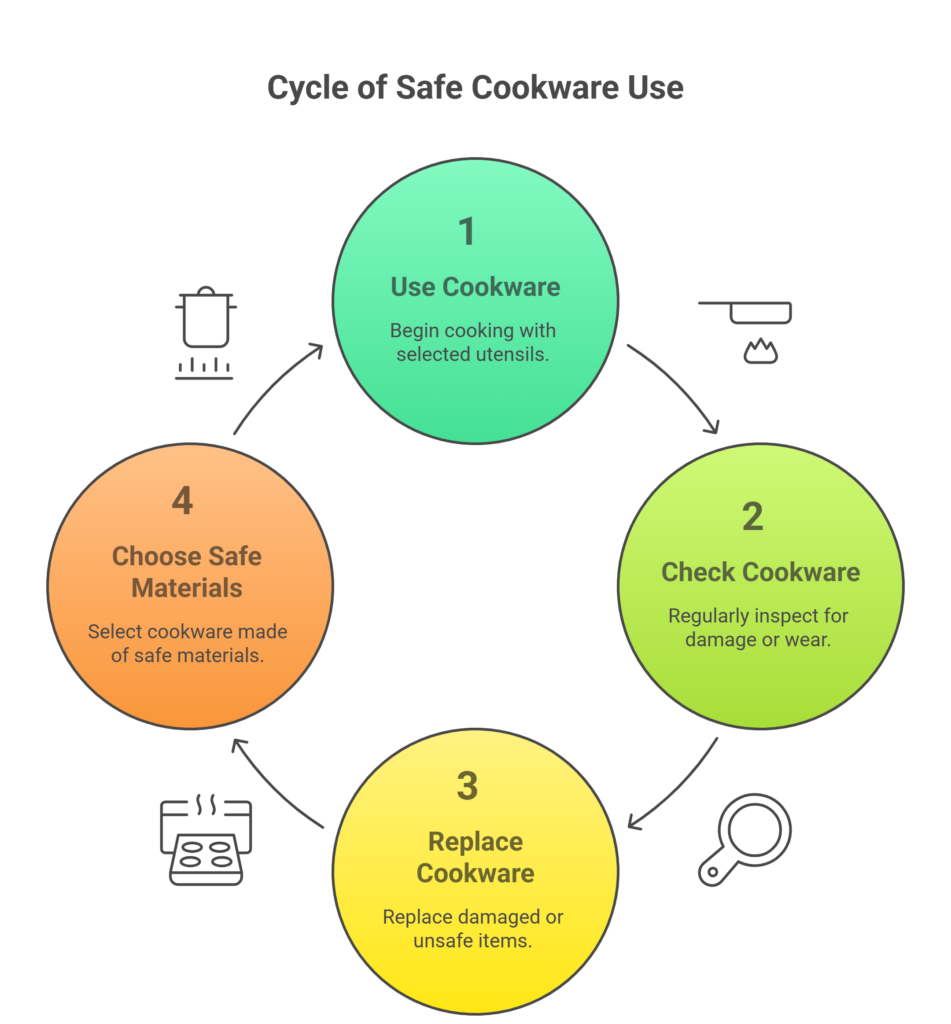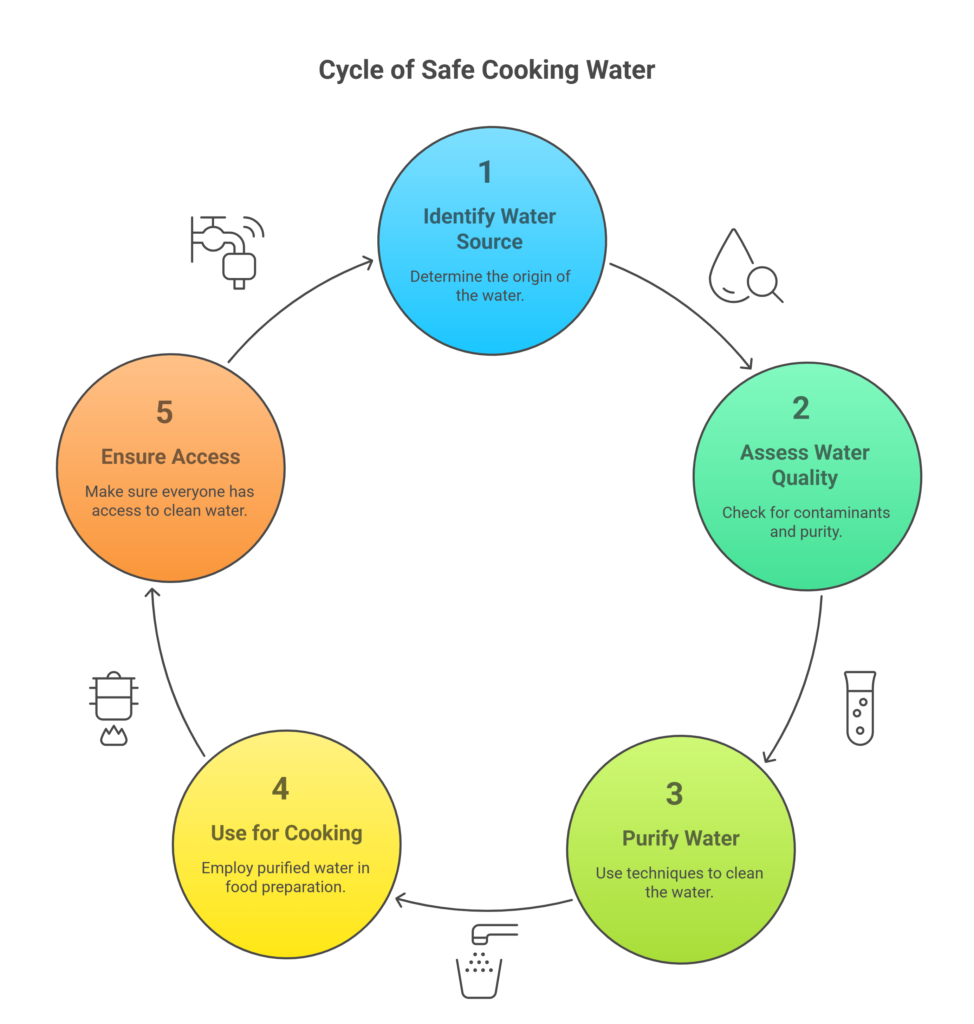
Let’s get real.
How many times have we said “chalta hai yaar, thoda dust toh chalega,” while munching that street-side chaat or ignoring the ‘best before’ label on a packet of biscuits?
It’s time we stop.
Because today, on World Food Safety Day 2025, the global theme is “Food safety: science in action.”
And if there’s ever been a time for us Indians to care, it’s NOW.
Why Should You Care About Food Safety?
Food safety involves more than just outdated food and stale samosas. Whether we’re eating at home, school, a wedding buffet, or a ₹20 roadside sandwich, we want to make sure that every single meal is free of harmful substances, dangerous chemicals, pathogens, and contaminants that could gradually destroy our health.
Food that isn’t safe doesn’t yell.
It has no warning signs. It just appears gradually in your life as stomachaches, skin problems, weakened immunity, or even long-term illnesses like renal failure and cancer.
The data is clear: unhealthy food leads to unhealthy lives.
The Indian Food Scene: An Emergency Alert:
These common misconceptions endanger your health; let’s debunk them!
“I’ve been eating this street food for years; it’s just that.”
Truth: It’s not always safe just because you didn’t get sick. The majority of street food is exposed to reused oil, dirt, and contaminated water.
⚠️ Risk: Liver damage, intestinal infections, and long-term health problems.
“All Organic foods are a scam.”
The truth is that real organic food is produced without the use of harmful chemicals and pesticides. It safeguards your immunity, hormones, and liver.
✅ Advice: Seek reliable certificates such as PGS-India or Jaivik Bharat.
“Everything can be resolved by boiling milk.”
The truth is that while boiling destroys bacteria, it does not destroy dangerous adulterants like detergent or urea. Important nutrients are also destroyed.
✅Watch out: Curdling, soapy froth = possible adulteration.
“Eating poisoning is a temporary problem.”
Truth: It can cause hospitalization, dehydration, and long-term digestive troubles, particularly in children and the elderly.
✅ Reality: Over 100 outbreaks were documented in schools and public gatherings last year.
Real Tales, Real Concerns: Current Food Safety Events in India:
Concerns about food safety have been in the news all throughout India, highlighting how urgently attention to detail and adherence to hygienic guidelines are required. Here are a few notable incidents:
- Contaminated Dairy Items Captured in Jharkhand:
Jharkhand officials seized 5,000 kg of contaminated paneer and khowa near Ramgarh toll plaza, transported from Bihar in unhygienic conditions, posing serious health risks. - The license for Zepto’s Mumbai facility is suspended: The Maharashtra FDA suspended Zepto’s Dharavi license after inspections found food stored on damp floors, fungal growth, and expired items—serious hygiene violations.
- An outbreak of food poisoning at Hyderabad Mental Hospital: About 70 Patients at Hyderabad’s Institute of Mental Health suffered vomiting and diarrhea, suspected food poisoning; investigations continue, underscoring the critical need for food safety in institutions.
- Indian Spice Brands Under Global Scrutiny: Indian Some of the spice brands faced bans in Singapore and Hong Kong over ethylene oxide contamination, highlighting the urgent need for strict export quality controls.
India, wake up! Your Kitchen Is a Laboratory for Science:
Every Indian kitchen acts as a micro science lab, with daily activities having a substantial impact on food safety. Let’s examine typical situations and protected substitutes for them:
- Handling Leftovers: Risk: Bacterial growth can occur when prepared food is kept at room temperature for long periods. Solution: Quickly chill any leftovers and keep them in the fridge in sealed containers. To be safe, consume within one to two days.

- Defrosting Meat: Risk: Thawing meat at room temperature may encourage the growth of microorganisms. Solution: Use the microwave’s defrost setting or refrigerate the meat. After thawing, cook right away to avoid infection.

- Cooking Utensils: Risk: Using damaged or improper cookware, such as scratched nonstick pans, can result in the discharge of dangerous compounds. Solution: Check cookware frequently and replace it as necessary. Choose cutlery composed of safe materials, such as cast iron or stainless steel.

- Water Quality: Risk: Using polluted water to cook can bring bacteria into the food. Solution: Make sure that everyone has access to drinkable, clean water for cooking. If required, use water purification techniques.

“It’s just street food, I’ve been eating it for years.”
This is a classic case of “survivor’s bias.” The food is not necessarily safe just because you haven’t become ill yet.
The reality?
Food is left unprotected and subjected to dust, flies, and human contact by street food vendors, who frequently work without gloves and reuse the same oil again. Many make golgappa fillings or chutneys with tainted water.
You may feel fine today — but the long-term risks include:
- Weakened immunity
- Gut infections
- Liver complications
- Parasitic infestations in children
Street food can be fun and flavorful — but only if made with hygiene and safe storage in mind.
Takeaway: Prioritize Food Safety in Daily Life:
Food safety starts at home and is a shared responsibility. We can all work together to improve public health and well-being by adopting proper food handling procedures, remaining aware of any hazards, and endorsing new laws.
Let’s pledge to transform our kitchens into secure scientific laboratories where each meal promotes a healthier India.
